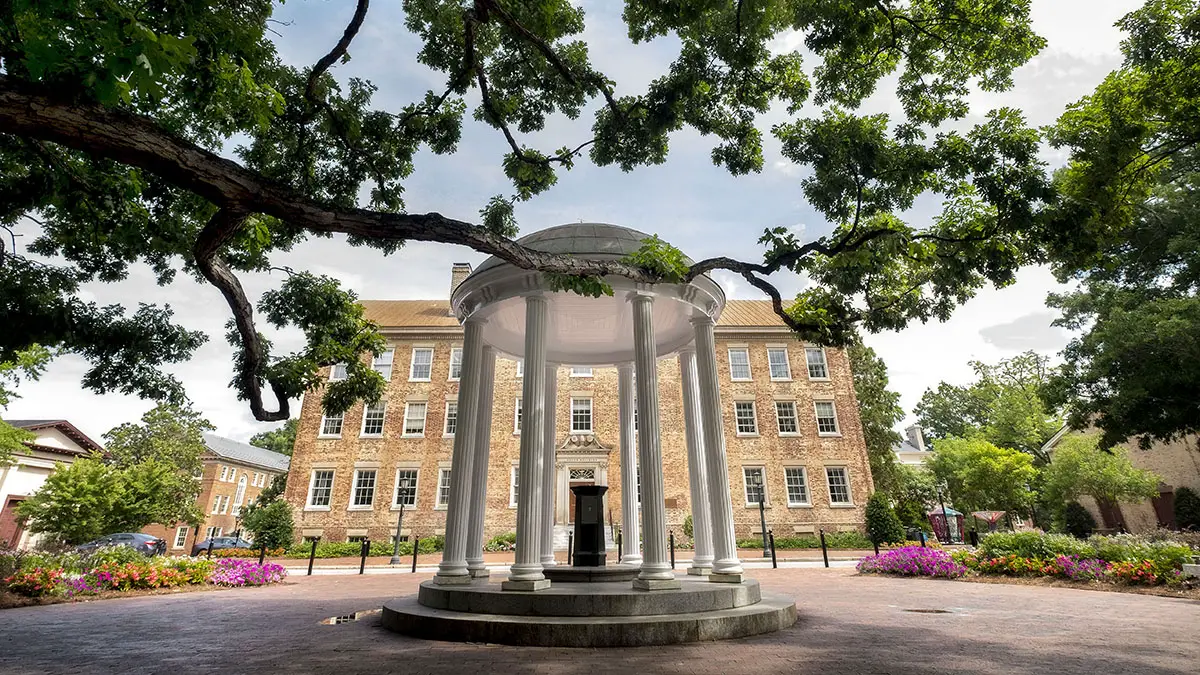From the next academic year, University of North Carolina’s students from middle-income families will be able to receive financial aid to cover the tuition-related expenses.
On Friday, Chancellor Carol L. Folt announced Blue Sky Scholars program, offering an annual award of $7,500, renewable over four years to its middle-income undergraduate students.
“Today it is my pleasure to announce the Blue Sky Scholars program to help middle-class families facing the overwhelming burden of college debt. This distinctive program expands Carolina’s commitment to excellent, affordable higher education for the hardworking people in our state,” Folt said.
“Thanks to a generous lead gift from Erskine Bowles, we will make the promise of a Carolina education possible for even more students and their families, regardless of their ability to pay.”
The $5 million scholarship initiative with $15 million to be raised by the university aims to provide affordable and accessible education to highly qualified middle-income students from North Carolina.
The scholarship will also provide to students $2,500 per year in work-study employment, one-time enrichment award of $2,500 to support internships and access to personal, career and academic support.
University of North Carolina Chancellor Apologizes for Slavery



